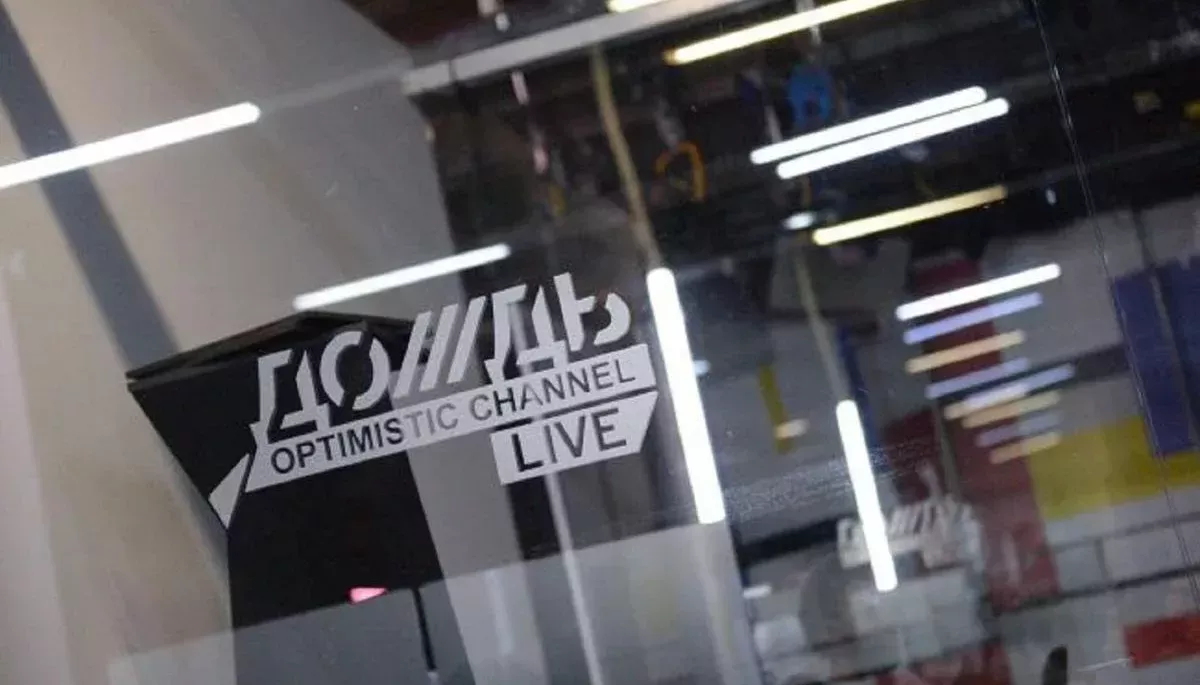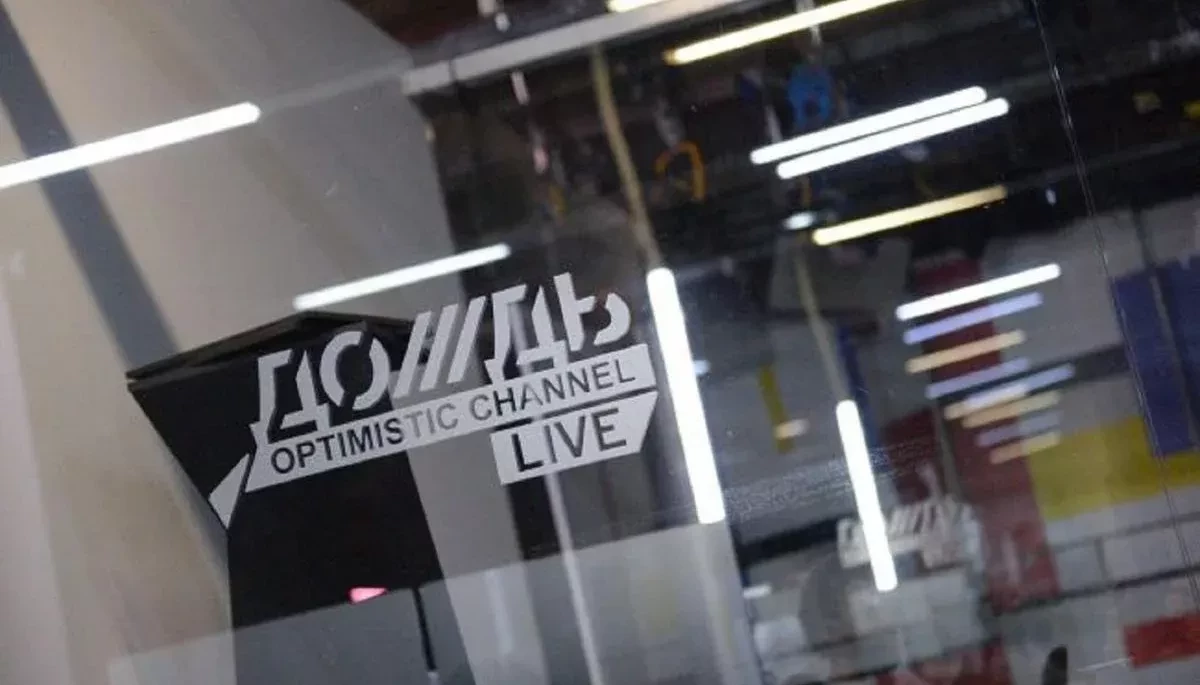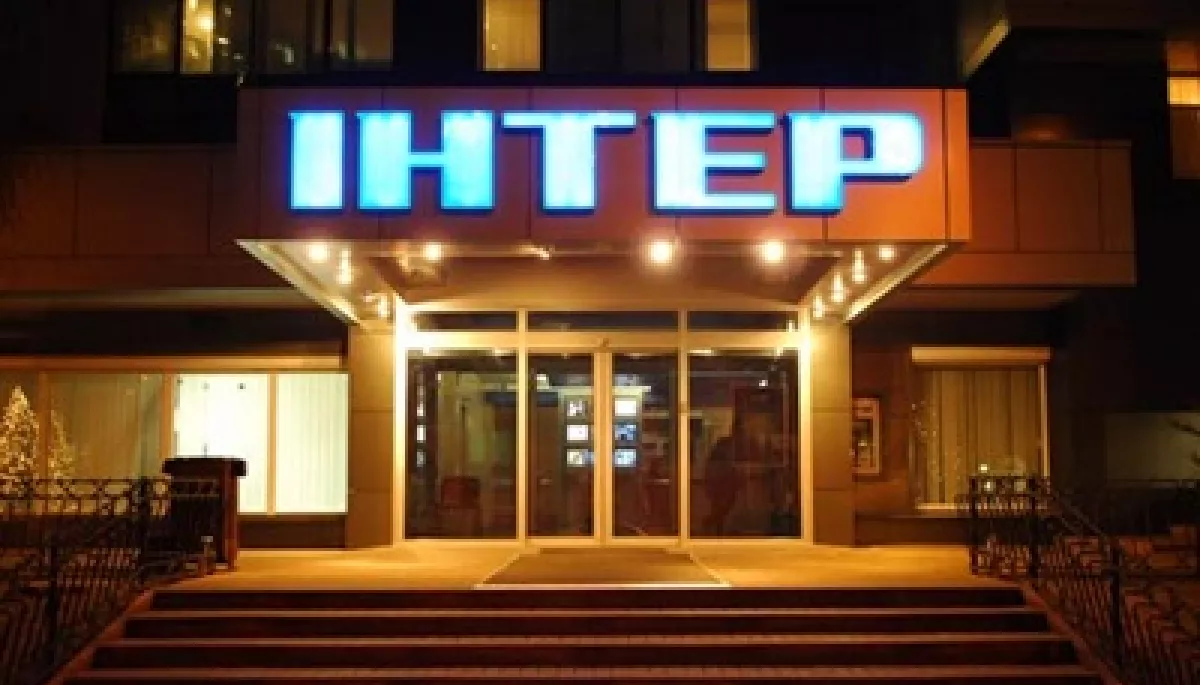
Statement in support of the decision of Latvia’s National Electronic Media Council to withdraw the license of the “Dozhd” TV Channel
Statement in support of the decision of Latvia’s National Electronic Media Council to withdraw the license of the “Dozhd” TV Channel


Українською заяву читайте тут.
We the members of the MediaRukh (Media Movement), Ukrainian journalists and non-governmental media organizations, support the decision of the National Electronic Media Council of Latvia (Nacionālā elektronisko plašsaziņas līdzekļu padome) to withdraw the license of the “Dozhd” TV Channel. We consider this decision justified, and we think that the regulator’s opinion regarding the threat to Latvia’s national security posed by this media is well-founded.
In our opinion, positions of some international, Latvian, and Russian organizations and people who say that this decision should be cancelled either emanates from lack of information, insufficient understanding of the context and the essence of the events, or are politically motivated.
By defending the TV channel which openly ignores the laws of a European country that provided it with protection, these people and organizations unwillingly assist in achieving the goals of the Russian aggression. Meanwhile, we want to remind that Russia’s aggressive intentions are not limited to Ukraine’s borders but threaten the entire Europe.
We think that the decision of the National Council has legitimate legal, security, and political grounds, as well as is stipulated by the international obligations that Latvia has in the context of this country’s membership in the European Union. This decision is not an offensive against freedom of speech because it corresponds to the procedures stipulated by Latvia’s legislation, as well as to the universally accepted traditions of cooperation.
The violations of the law, perpetrated by the “Dozhd” TV Channel were obvious and this is not the first time that they happen. Let us remind that in 2017, the Ukrainian regulator, the National Council of Television and Radio Broadcasting, has withdrawn “Dozhd” from the list of foreign channels whose rebroadcasting is allowed in Ukraine because of the image of the Crimean Peninsula as a part of Russia. “Dozhd” was doing the same in Latvia.
Presenting Crimea as a part of Russia, a regular disclaimer that “the piece was created by foreign agents”, as well as unlawful visits of journalists of “Dozhd” to the occupied Crimea from the territory of Russia are proof of the fact that this TV channel is systemically abiding by the Russian legislation. In contrast, “Dozhd” has been systematically ignoring the laws of the countries where the TV channel works and is rebroadcast. Proof to this is the channel’s refusal to accompany its broadcasts by subtitles in the state languages of the countries where it works.
The so-called “slips of the tongue while on air”, the wording “our army” when speaking of the Russian army, and the words by presenter Alехеу Korostylyov about “helping the mobilized Russian military with equipment and day-to-day conditions” we consider to be a proof that the position of “Dozhd” regarding the war where Russia is the aggressor while Ukraine is defending her sovereignty is in fact pro-Russian. Claims of the “anti-war” attitude of the TV channel are in contradiction to its actions, in particular to the systemic coverage of the problems with the Russian army’s supplies, where the solving of these problems helps Russia to wage the aggressive war. Because Latvia’s Parliament (The Saeima) has recognized Russia as the country which is sponsoring terrorism, and defined its actions in Ukraine as “the purposeful genocide against the Ukrainian people”, the reaction of the Latvian regulator to this position of “Dozhd” is logical and just.
After the full-scale invasion of Russia into Ukraine, Latvia has issued work permits to almost 250 Russian journalists. The National Council’s decision may become a signal for them that the laws of the country where they live and work should be respected and observed. If this decision is cancelled under the pressure of, in our opinion, unjustified criticism, the uncontrolled Russian media presence in Latvia may become a serious threat to Latvia’s national security, as well as to Europe’s security.
This is also proven by the Ukrainian experience of fighting Russian and pro-Russian media which worked for destroying the Ukrainian statehood disseminating disinformation, fakes, and the Kremlin’s propaganda narratives. Only due to decisive actions it became possible to defuse the Russian media presence in Ukraine, and these actions were also subject to criticism as “an offensive against the freedom of speech”. In reality, these actions matched the level of threats that Ukraine faced in relation to Russian hybrid information impacts. The actions of Latvia’s National Council are similarly adequate.
Every nation has the right to defend its national sovereignty and security in the information field with the means it deems necessary.
We also use this opportunity to thank Latvia for supporting Ukraine in the fight against the Russian aggression, for the humanitarian and military support, as well as for support to Ukrainian citizens who had to flee their country because of the Russian invasion.
- MediaRukh
- “Detector Media” NGO
- Mass Information Institute
- “Suspilnist” Foundation
- ZMINA
- Hromadske
- Regional Press Development Institute
- European Media Platform
- Mykola Chernotytsky, Dmytro Khorkin, National Public Broadcasting Company of Ukraine
- Vadym Miskyi, Supervisory Board member, National Public Broadcasting Company of Ukraine
- Svitlana Ostapa, Supervisory Board Chairwoman, National Public Broadcasting Company of Ukraine
- Andriy Kulykov, Tetyana Troshchynska, Hromadske Radio
- Nataiia Lygachova, “Detector Media” NGO
- Oleh Bazar, Editor-in-Chief, LB.ua
- Vadym Karpyak, presenter, ICTV TV Channel, Radio “Keultura”
- Oleh Khomenok, media expert
- Alyona Romanyuk, “On the Other Side Of Putin’s Lies” Project
- Petro Shuklinov, Editor, social-and-political department, Liga.net
- Dmytro Tuzov, journalist, “Radio NV”
- Andriy Yanytsky, economic analyst, journalist, “Espresso TV”
- Myroslava Barchuk, presenter, “UA:First” TV
- Oleh Baturin, Center for Journalistic Investigarions
- Nataliya Sokolenko, presenter, Ukrainian Radio
- Lyudmyla Tyahnyryadno, Ukrainian Radio, National Public Broadcasting Company of Ukraine
- Olga Chervakova, journalist
- Svitlana Yeremenko, Natalya Steblyna, Pylyp Orlyk Institute of Democracy
- Valeria Davidova, Liga.net
- Tetyana Vergeles, journalist, editor
- Yevhen Spirin, Editor-in-Chief, Babel.ua
- Hanna Sheremet, journalist
- Oksana Romaniuk, The Institute of Mass Information
- Nataliya Malynovska, journalist
- Maryna Syngaivska, Ukrinform
- Serhiy Odarenko, еditor, Behind the news
-
Oksana Moroz, founder of the initiative on information hygiene “How not to become a vegetable”
-
Roman Chaika, TV presenter
-
Oleksandr Ruban, journalist
-
Nikita Poturaev, Member of Parliament of Ukraine
-
Oleksandr Bukalov, human rights organization "Donetsk Memorial"
-
Oleksandr Chekmyshev, NGO "Shared Space"
-
Dmytro Palchikov, journalist, The Ukrainians Media
-
Bohdana Babych, Spilno.tv
-
Taras Marusyk, journalist, publicist, expert on language policy
-
Alla Vetrovtsova, editor, Czech State Radio
-
Oleksandr Stasov, Radio ProminSvitlana Kuzmina, director of the Educational and Scientific Institute of Philology and Journalism of TNU named after V.I. Vernadskyi, member of the NGO "Platform of Student Journalism"
-
Yuriy Vovkohon, culture manager, soldier of the Armed Forces of Ukraine










